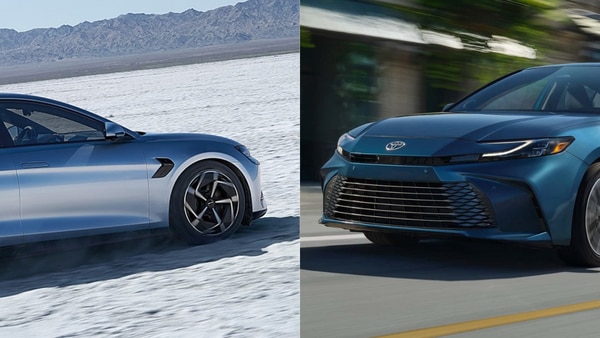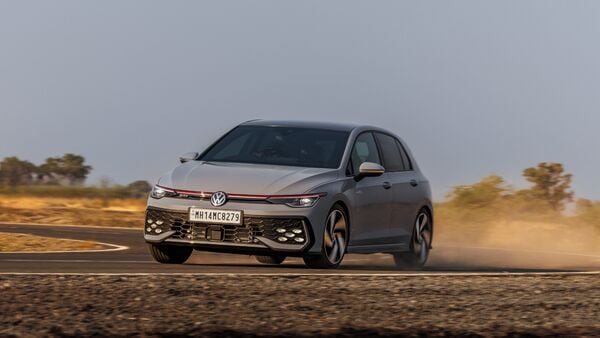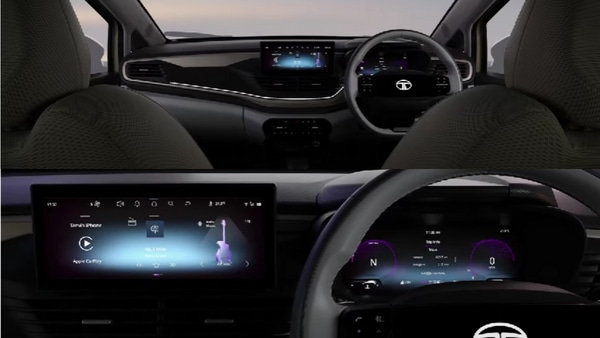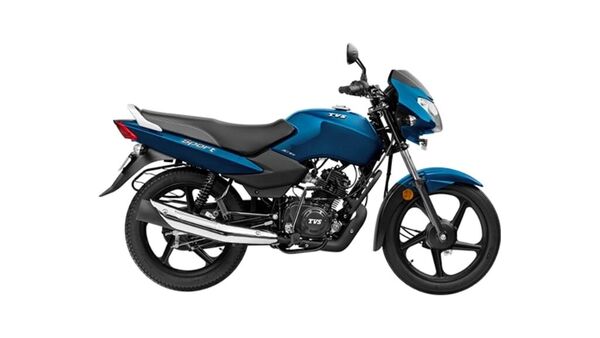
World EV Day Special: What owners have to say about living with an EV in India
7 months ago | 80 Views
Owning an electric vehicle in India has gone from a rarity to an aspirational purchase in recent years. With the arrival of new EVs across segments, carmakers are encouraging more buyers to switch to sustainable solutions for their commute needs. However, India is still a nascent market when it comes to adopting electric vehicles. That’s why we reached out to EV owners, old and new, to understand their experience with an EV in India. Here’s the story of four such EV owners.
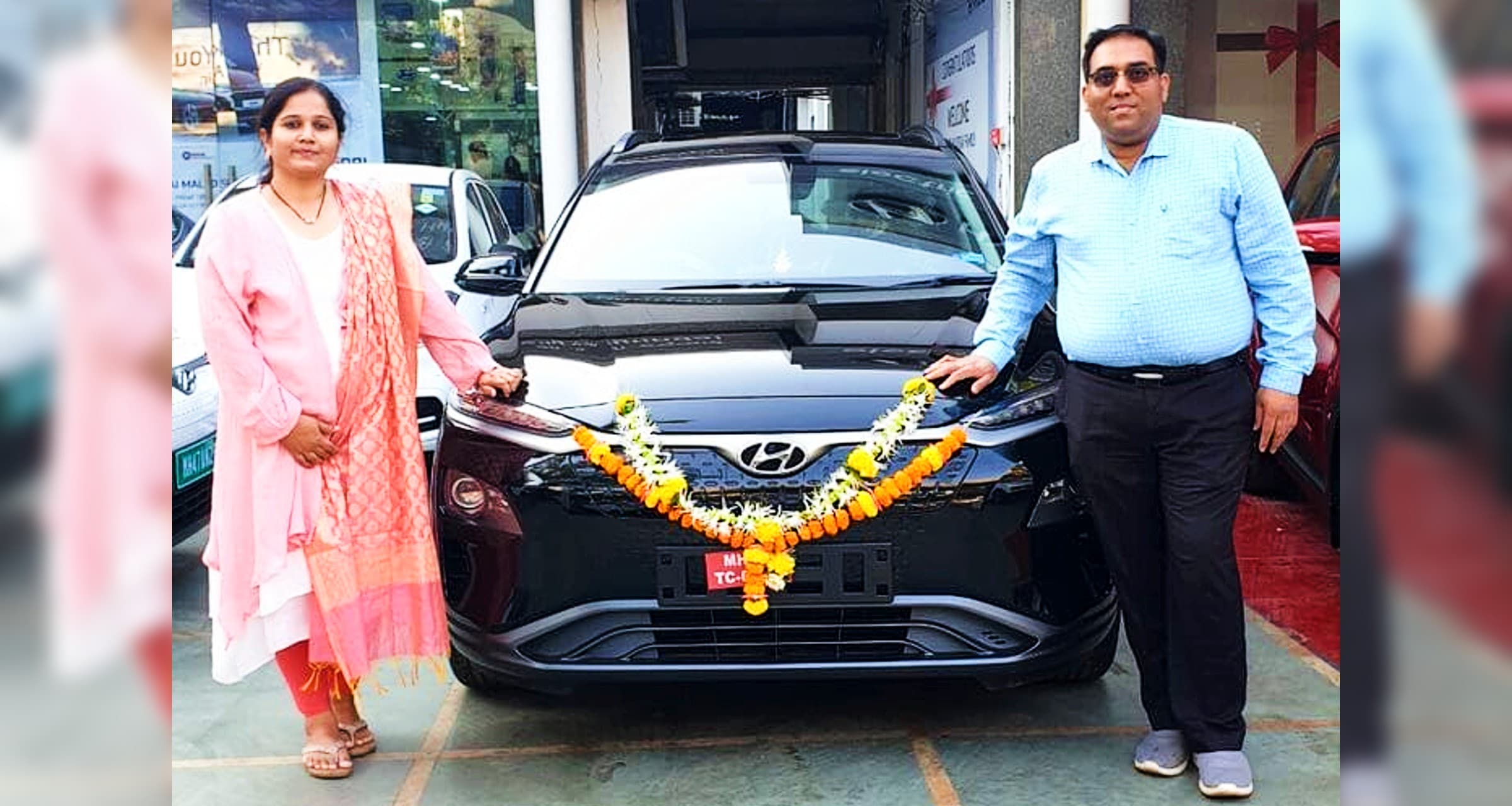
Dr Mukesh Patil - Hyundai Kona EV
One of the first mainstream electric vehicles to be launched in India, Dr Patil from Mumbai opted for the Hyundai Kona EV in 2020. The electric SUV has been the medical practitioner’s primary car having completed over 35,000 km so far. With most of his commute within city limits with occasional outstation runs, the Kona EV has served him rather well, not only with a silent cabin but also with lower fuel bills.
Dr Patil says he spends about ₹5,000 per month and hasn’t faced any breakdowns so far. Interestingly, the battery’s range has seen a drop from an initial 400 km (approx.) in the first year to 340-350 units after four years of ownership.

Nihal Gharat - MG ZS EV & Ola S1 Pro
Entrepreneur Nihal Gharat started his electrified mobility journey with the Ola S1 Pro scooter. The cost savings over a comparable petrol scooter encouraged him to bring home the MG ZS EV. The electric SUV has been a part of the Gharat household for about two months now, right in time for the birth of his second daughter. Auspicious in every sense, Nehal has already covered over 3,000 km so far and is loving the experience. The silent cabin, feature-rich interior, and smooth ride impressed him enough. He is averaging about 400 km of range on a single charge that costs him about ₹5,000 per month, which is substantially lower than the ₹14,000-15,000 fuel bills he spent on his older Maruti Suzuki Vitara Brezza petrol.
The ownership experience with the MG ZS has been peaceful so far but the same can’t be said about his Ola S1 Pro. The lawyer has owned the electric scooter for two years with over 7,000 km on the odometer. However, the e-scooter spent about four months out of this period in the service centre. Nehal says that his e-scooter provides a range of about 100 km on a single charge but has also seen multiple part changes including brake pads, defective body panels, ECU change, seating lock change and more.
The low operating costs and the convenience of an automatic were the biggest motivators to switch from an ICE to an EV, something he wouldn’t mind doing again in the future.
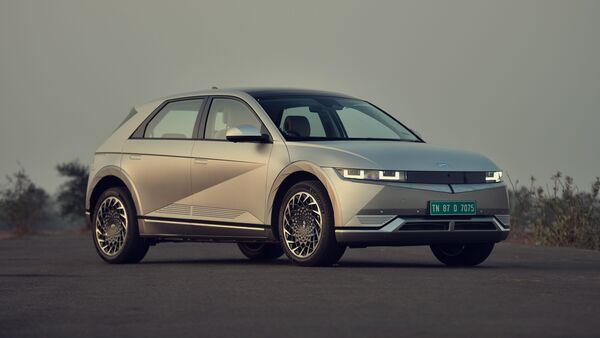
Hyundai Ioniq 5
For this EV owner, who chooses to remain anonymous, bringing home the Hyundai Ioniq 5 was more about the styling of the electric SUV than the powertrain itself. The Mumbai resident says that he was smitten by the design and made up his mind early on that his next purchase would be the model whenever it arrives in the country. Switching from a decade-old diesel luxury sedan, the Hyundai Ioniq 5 was a revelation for the owner with its massive cabin, premium interiors and tech-laden screens.
His family, particularly his sons, had a major role to play in bringing the Hyundai Ioniq 5 home, along with its delectable price tag. The businessman has opted for a charger at home and uses the SUV to mostly commute in the city. Being chauffeured around, the rear seat experience has been the most comfortable, he says, not to forget the massive amount of legroom it has to offer. The Ioniq 5 has been giving the owner a range of about 450 km on a single charge bringing his fuel consumption down by about ₹15,000 per month.
Would he consider getting another EV home? “For sure," he says, but that won’t mean he’s ready to let go of his diesel cars just yet. The EV will be an addition going forward.

Neeraj Karkera - Tata Nexon EV Max Dark Edition
Neeraj Karkera, an adman and petrolhead from Mumbai, decided to take the plunge with an EV after being worn down by hefty fuel bills on his previous ICE car. The entrepreneur opted for the Tata Nexon EV Max Dark Edition last year and 12 months later, he has completed over 17,000 km. So did it actually help bring fuel costs down? Neeraj says that the cost savings have worked like a wonder. His fuel spending has reduced from ₹20,000-25,000 per month to about ₹3,000-4,000 per month.
Neeraj opted for a home charger, which does the heavy lifting as he seldom has to rely on public charging points for his commute needs. He often charges the electric SUV once the battery hits the 50 per cent mark, allowing the EV to be ready for service at all times. While the company claims a range in excess of 430 km (pre-facelift), Neeraj has managed a true range of 250-300 km on a full charge with regular driving conditions.
For Neeraj, the Nexon EV has been a boon from an operating costs perspective and the model has been reliable as well with no breakdowns or charging issues so far. He can’t say the same about Tata Motors’ service experience though. He describes the service experience as “horrible", which sadly isn’t the first time we’ve heard of it. Despite the little hiccups, is Neeraj sold on the idea of owning an EV? Yes, he says, but he will also choose to own at leastone internal combustion engine-powered (ICE) vehicle in the house.
Read Also: World EV Day Special: Is the electric vehicle craze behind us?


